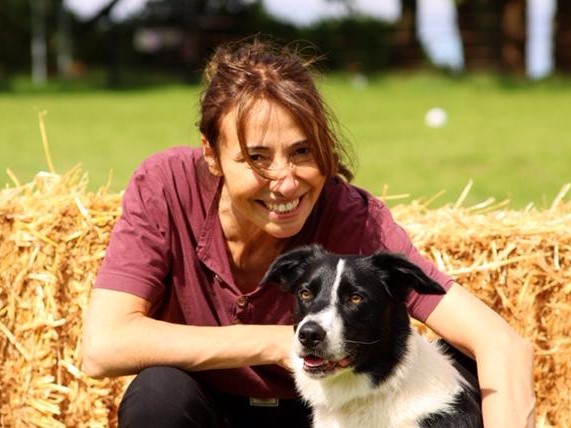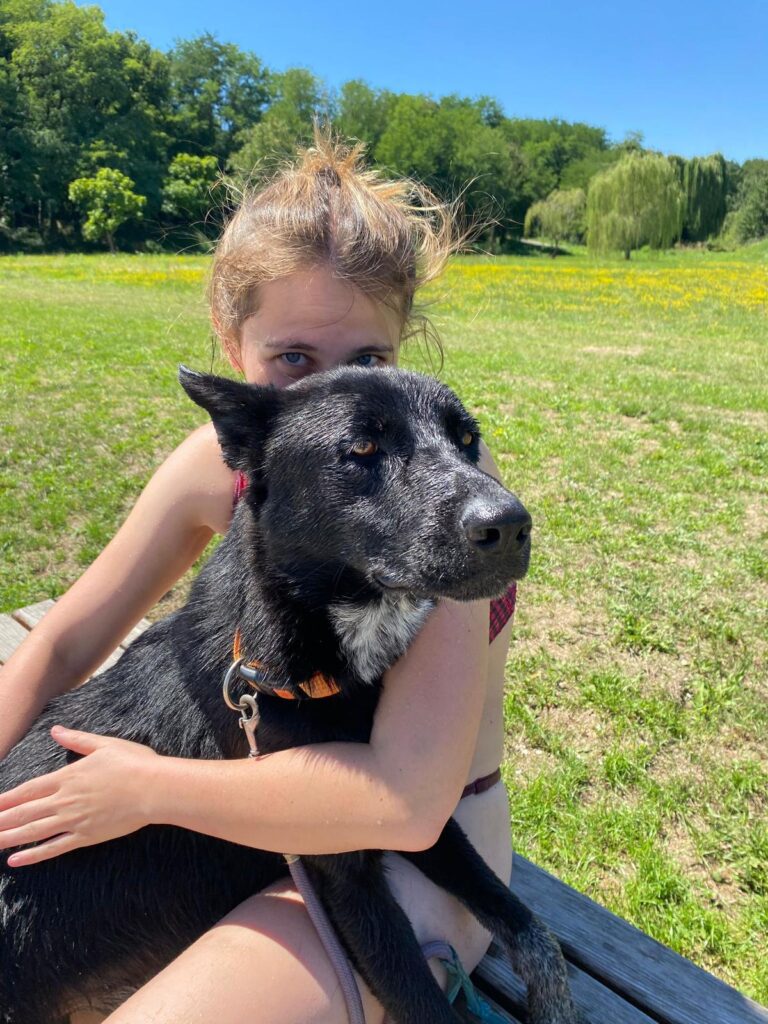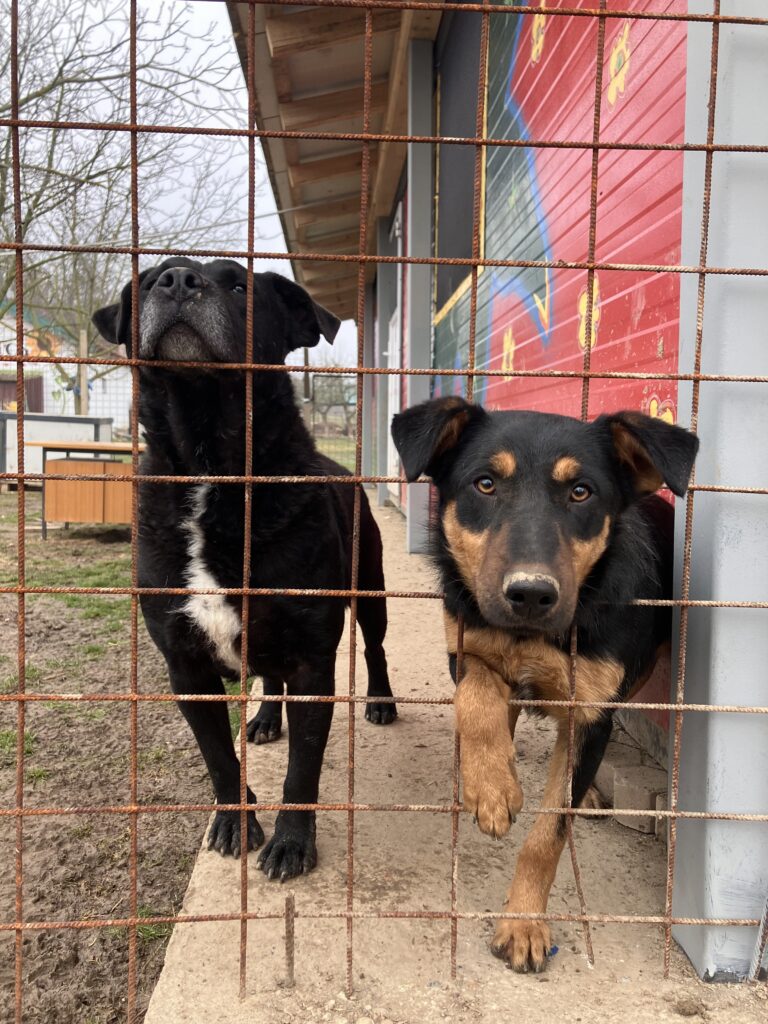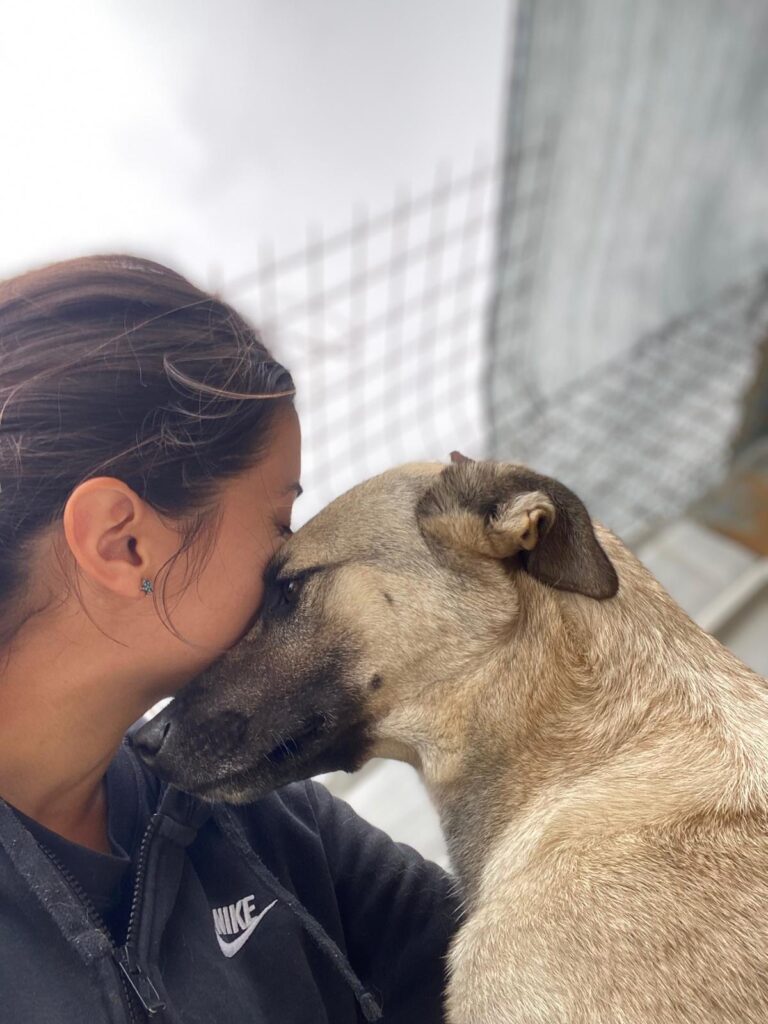Forget the pedigree — mixed-breed dogs bring health, heart, and a kind of love you can’t buy from a breeder.
I’ve often heard people say they want a purebred dog instead of a mixed breed. I’ve even gone down that road myself — but without doing my research. That’s how I ended up with a Border Collie from a working line.
My neighbour, who worked on a farm, had a Border Collie to help with the sheep and cows, and I fell head over heels for that beautiful pup. When I heard a well-known breeder in England had puppies available, I drove 190 kms to get one. He was utterly adorable.
But here’s the big “but” — I had no idea what I was taking on. He needed constant mental and physical stimulation. If we weren’t engaging with him, he found his own entertainment: chewing through most of the wood in our house, creating a hole in the back door big enough for a cat or small dog to slip through, destroying the bifold doors, and gnawing the handrail and bannisters. He caused thousands of euros worth of damage.
He could jump almost any fence in our village, open the back or front door, and let himself into the neighbour’s garden to play with his working pal. That was 8.5 years ago. We’ve moved since, and while our new aluminium fixtures have saved them from his teeth, he’s still just as inventive and determined.
The point of this story? I hadn’t matched the dog to my lifestyle. My Collie is very much part of the family and we adore him, but the truth is, he should have been rounding up sheep on a farm, not pacing around suburbia looking for his next adventure.



By contrast, my mixed-breed Lurcher — a rescue — is the easiest, quietest, most loving dog I’ve ever had. His nose is long, his eyes a little unusual, his fur rough with age, and his frame lean. But he’s content with one walk a day, then spends the rest of his time curled up on one of the comfy beds scattered around the house.
He ended up back at the shelter because his owner’s new partner wasn’t used to dogs and didn’t want one. I still remember seeing him lying patiently in his bed, waiting for someone to take him home. My heart broke — and I knew that someone had to be me. I’ve never regretted it for a second.
Mixed breeds often bounce back from illness or neglect with remarkable resilience. Their “hybrid vigor” means they can live long, healthy lives with fewer genetic problems. Purebreds, while beautiful, can be more prone to breed-specific health issues: Labradors and Golden Retrievers often face hip and elbow dysplasia or chronic ear infections; German Shepherds can suffer from arthritis or hip problems; bull breeds may have breathing difficulties. Behavioural traits can also be challenging — Labradors can become destructive without enough exercise, Golden Retrievers may struggle with separation anxiety, and German Shepherds need careful handling to avoid nervousness or reactivity.
Decades of selective breeding for looks and specific traits have passed down both health and behavioural problems in many purebreds. Mixed breeds, with their broader genetic pool, often avoid some of these pitfalls.
The truth is, the perfect dog isn’t born from a pedigree. The perfect dog is the one who looks into your eyes and sees their whole world. Sometimes that dog has a tail that’s too long, a spot over one eye, and a name you didn’t choose. Sometimes, the perfect dog is a mutt.
If you’re looking for love, skip the breeder’s catalogue. Go to your local shelter or even better come and see us at Farmica. The best friend you’ll ever have is waiting — and they might just be a beautiful mix of everything good.
Authored by Tina Digby










